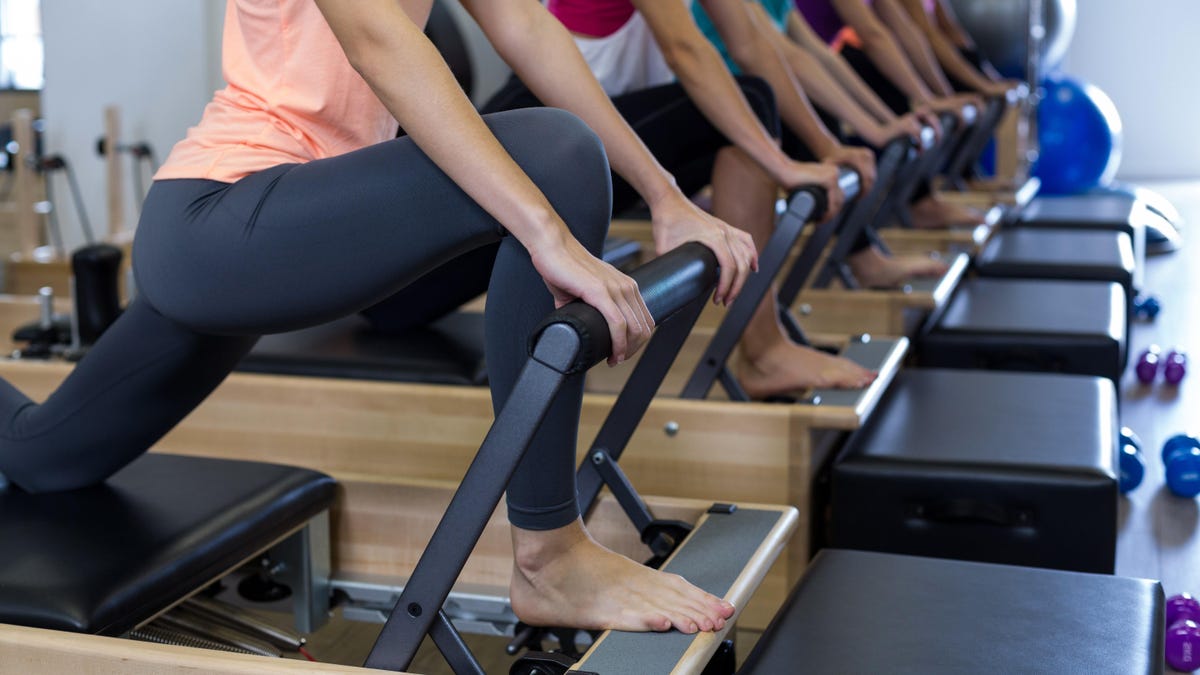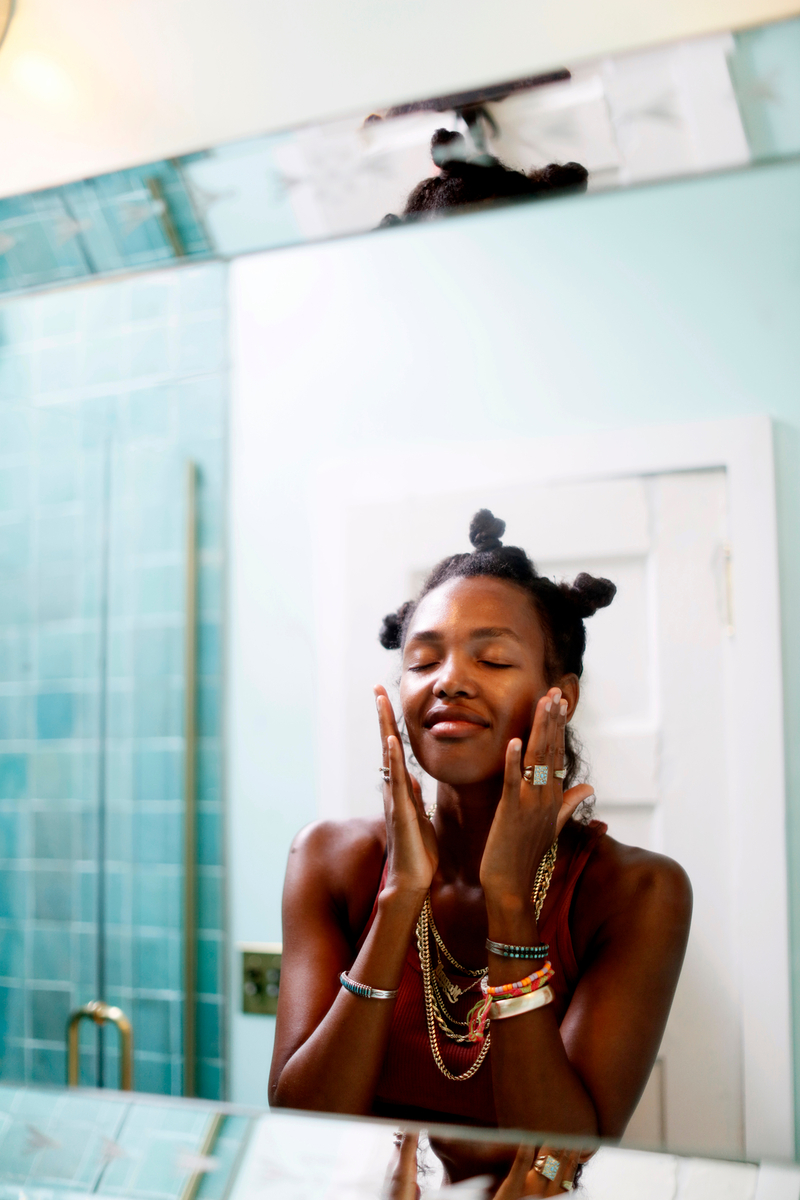The Difference Between Mat and Reformer Pilates (and Why It Matters)
If you’ve ever considered taking a Pilates class, you might be intimidated by the machine contraption—called a reformer—that is used in many studios. A reformer is a bed-like machine with a sliding platform and detachable resistance bands. But as...


Photo: wavebreakmedia (Shutterstock)
If you’ve ever considered taking a Pilates class, you might be intimidated by the machine contraption—called a reformer—that is used in many studios. A reformer is a bed-like machine with a sliding platform and detachable resistance bands. But as common as reformers are in specialty studios, mat classes—which require no specialty equipment—are also a popular option. Depending on your goals (and your budget and time constraints), one may be better than the other for you.
What is Pilates?
Pilates was invented by Joseph Pilates in the 1920s for physical rehabilitation purposes—and many of its low-impact exercises that improves strength, mobility, and physical awareness are still used by physical therapists today.
“Pilates will significantly improve any type of activity,” said Femi Betiku, a physical therapist and certified Pilates instructor. For Betiku, Pilates has been essential for managing his lower back pain and has also improved his running. As he puts it, Pilates “is the one of the only forms of exercise that forces you to pay attention to your entire body, to focus on those nitty gritty details to be successful for one repetition of an exercise.”
This helps you move more efficiently in other aspects of your life, whether it’s chasing after your kids or playing your favorite sport.
What is mat Pilates?
The advantage of mat Pilates is that it requires no equipment and can be done anywhere. This makes it especially easy if you are traveling or pressed for time, as your workout can be as short or long as you want.
If you don’t have the time or money for a studio mat Pilates class, there are a number of videos available online, ranging in length from 5 minutes to 60, with varying levels of difficulty. Some videos are free, others might require a fee-based subscription. Some video workouts might require the use of light weights or resistance bands, while others only require a mat.
What is reformer Pilates?
The advantage of taking a reformer Pilates class is that it allows for adding progressive amounts of resistance, which helps with developing increased strength and muscular endurance.
“There’s a limitation to how much strengthening you can get with the mat,” Betiku said. “If you are using the reformer, you are doing some of those challenging, dynamic movements, but you have added resistance, which takes this same exercise to a whole different level.”
Although the machine looks a bit complicated, it’s easier to use than you might expect, and the bands give you the option of adding as much or as little resistance as you want. Most Pilates studios will offer orientation sessions for people who haven’t taken a reformer class before.

 Aliver
Aliver 
































